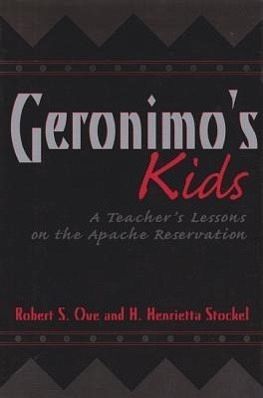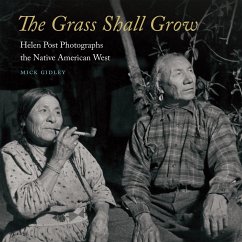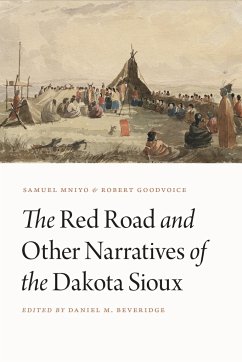
Geronimo's Kids: A Teacher's Lessons on the Apache Reservationvolume 16
Versandkostenfrei!
Versandfertig in über 4 Wochen
21,99 €
inkl. MwSt.

PAYBACK Punkte
11 °P sammeln!
Arriving on the Mescalero Apache Reservation in 1948, Robert Ove, a naive young school teacher, began his first teaching job at Whitetail, unaware of the culture and history of his Chiricahua students, descendants of the great chief Geronimo. The Chiricahuas gradually accepted this well-intentioned outsider into their community and shared parts of their history and culture with him. Living among this reminder of America's past, Ove glimpsed a way of life that few non-Indians had been allowed to know. He saw Apache mothers still carrying their infants in cradleboards, grandmothers and mothers s...
Arriving on the Mescalero Apache Reservation in 1948, Robert Ove, a naive young school teacher, began his first teaching job at Whitetail, unaware of the culture and history of his Chiricahua students, descendants of the great chief Geronimo. The Chiricahuas gradually accepted this well-intentioned outsider into their community and shared parts of their history and culture with him. Living among this reminder of America's past, Ove glimpsed a way of life that few non-Indians had been allowed to know. He saw Apache mothers still carrying their infants in cradleboards, grandmothers and mothers still sewing traditional beaded buckskin dresses for their daughters' puberty ceremonies, and men still making traditional Apache bows and arrows. Through the stories of the elders, he also learned how this way of life had changed since their capture, as many of the traditional ways of the Chiricahuas were altered or lost in the ensuing decades after Geronimo's people surrendered to the U.S. Army in 1886. Decades of incarceration followed - first in Florida, then in Alabama, and finally in Oklahoma. More than half died in hot, humid prison camps because the Chiricahuas had no inborn resistance to the virulent diseases brought to North America by Europeans. Then in 1913, with fewer than three hundred left, the Chiricahuas were released and received land allotments near their last prison site, Fort Sill, or on the Mescalero Apache Reservation where Ove arrived thirty-five years later. In Geronimo's Kids, Robert Ove gives a stirring account of his life from 1948 to 1950 when he taught day school at the community on the reservation. His personal observations as well as past and recent photographs, against Henrietta Stockel's background of historical reference, help to preserve this fragment of history to give insight into those who became his students, neighbors, and friends.












